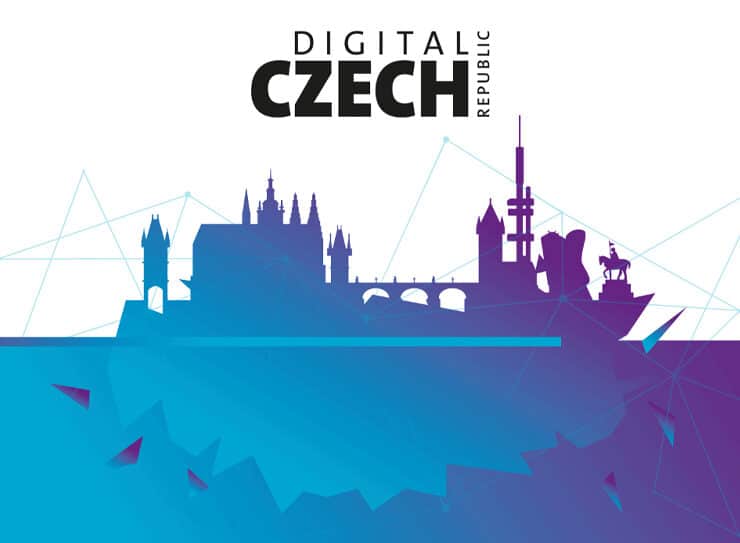12 May 2021 - 13 May 2021 | 10:00 am - 3:15 pm
Digital Czech Republic 2021
12-13 May 2021 | 10.00 – 15.15 (CET) | Online REGISTER NOW The ongoing digital revolution in the economy and […]

12-13 May 2021 | 10.00 – 15.15 (CET) | Online REGISTER NOW The ongoing digital revolution in the economy and […]

12-13 May 2021 | 10.00 – 15.15 (CET) | Online
The ongoing digital revolution in the economy and society represents a huge opportunity for Europe and especially for the small and medium-sized EU member states. The breakthrough technology transforms the structure of the economy and opens opportunities for the emergence and growth of new businesses in all areas of the economy. At the same time, we are facing new and fundamental challenges in the area of politics, regulation and the whole of society. We cannot face such issues alone, but only as a common Europe.
12 May 2021 | 13.45 – 15.15 (CET): Internet regulation, data collection and the role of AI
The Internet is one of the most fundamental inventions of the 20th century and is an integral part of our lives. We work, shop, educate ourselves or spend our free time online, and this symbiosis between technology and people will certainly deepen further. During its existence, however, the Internet has also become a tool that divides society, which serves to spread disinformation, restrict freedom and even facilitate criminal activity. Therefore, it is obvious that even our evolving digital society needs to have its rules.
At the end of last year the European Commission presented a package of legislative proposals called the Digital Services Act which attracted special attention from both supporters and opponents. The Act was devised in order to create a set of Europe-wide binding rules for the provision of digital services which are currently governed by internet giants and various online platforms.
The new rules should guarantee better Internet regulation, more profound protection of personal data, and preventive measures against voter manipulation before elections. Such regulations were formulated in response to findings by Cambridge Analytica in connection with the misuse of data and the spread of misinformation and fake news (not only) in the pre-election period, as well as the spread of footage of terrorist attacks on social networks.
How can user data collection be regulated? Should the amount of data collected be charged? Is the transparency of data and algorithms of individual platforms sufficient? Isn’t there reserved too much space for artificial intelligence? Are we users of the Internet or a part of it? And can the internet be a safe place at all?
Speakers include:
Dita Charanzová,Vice-President, European Parliament, Renew Europe (Czech Republic)
Jiří Prokeš, Vice-President, Office for Personal Data Protection (Czech Republic)
Tomáš Mikolov, Scientist, CIIRC Czech Technical University in Prague (Czech Republic)
Ondřej Ferdus, Director, Department of Digital Economy and Technology, Confederation of Industry and Transport of the Czech Republic (Czech Republic)
Hendrik Bourgeois, Head of Government Affairs for Europe and Russia, Apple (Belgium)
Moderated by Petr Očko – Deputy Minister for Digitisation and Innovation, Ministry of Industry and Trade of the Czech Republic (Czech Republic)
13 May 2021 | 10.00 – 15.15 (CET): Multiple panels
Speakers include:
Andrej Babiš, Prime Minister, Government of the Czech Republic
Alena Schillerová , Minister of Finance, Government of the Czech Republic
Karel Havlíček, Minister of Industry and Trade, Government of the Czech Republic
Robert Plaga, Minister of Education, Youth and Sports, Government of the Czech Republic
Věra Jourová, Vice-President of the European Commission
Mariya Gabriel, European Commissioner for Innovation, Research, Culture, Education and Youth
Marek Mora, Commissioner Deputy Governor of the Czech National Bank
Dita Charanzová, Vice-President of the European Parliament
MEP Martina Dlabajová, Renew Europe Group
Vladimír Dzurilla, Chief Digital Officer, Government of the Czech Republic